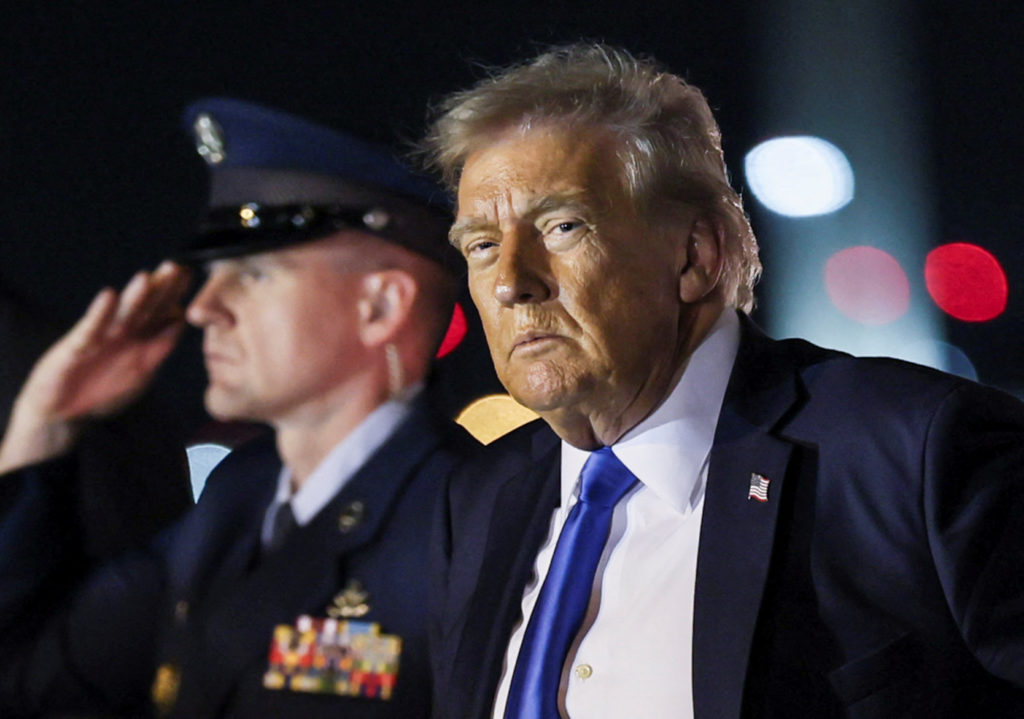Budget Bombshell: Trump's Radical Plan to Slash Federal Spending in 2026

As the political landscape heats up, the proposed budget emerges against the backdrop of intense congressional negotiations. Republican lawmakers are meticulously crafting a comprehensive fiscal plan that promises significant tax relief, strategic spending reductions, and substantial investments in border security and immigration enforcement. The emerging legislation reflects the administration's key priorities, aiming to reshape federal spending and address critical national concerns through targeted financial strategies.
The budget blueprint signals a bold approach to fiscal policy, with a clear emphasis on reducing government expenditures while simultaneously strengthening border protection measures. Congressional leaders are working diligently to balance economic priorities, crafting a proposal that aligns with the Republican administration's vision for national security and economic management.
